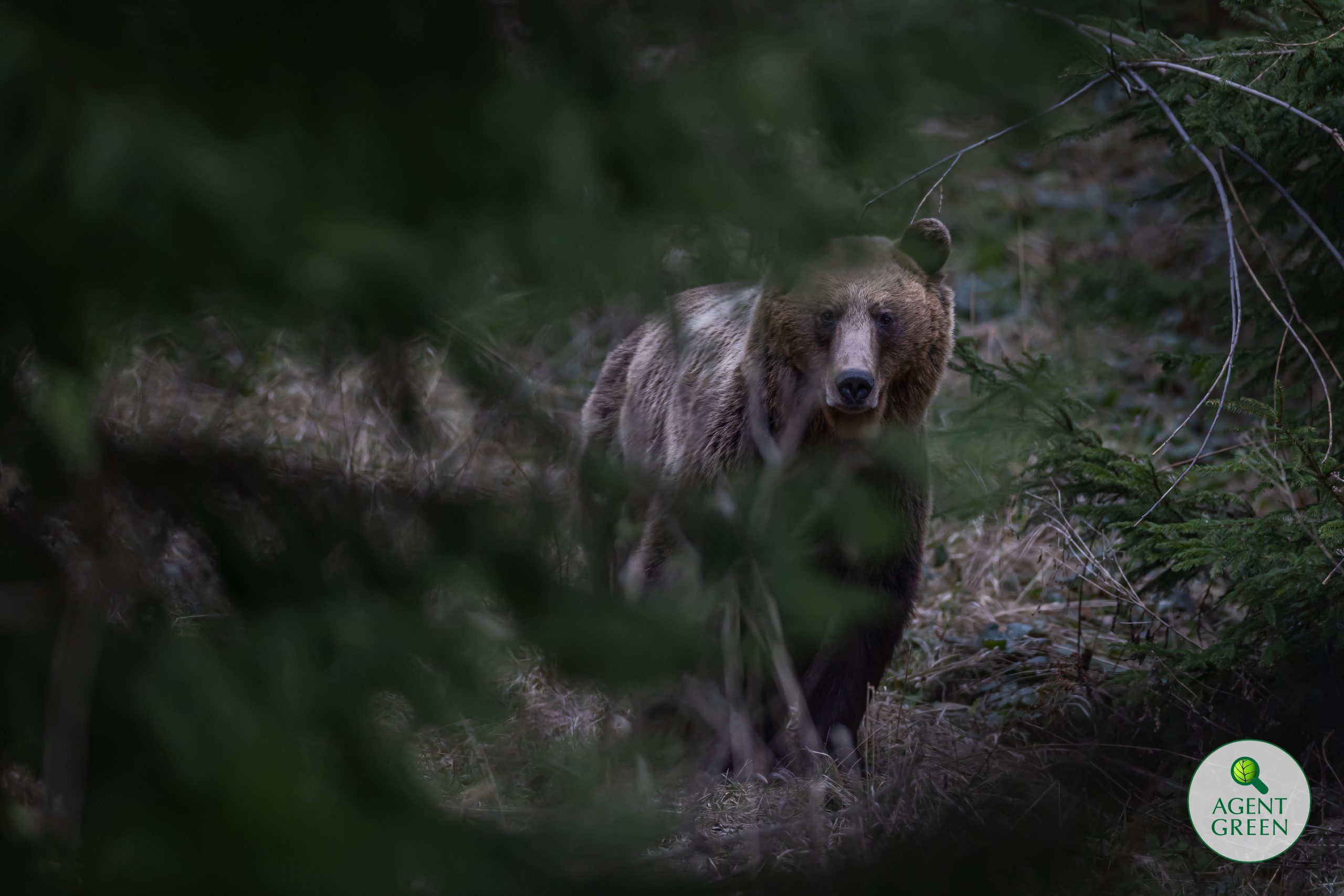2 Nov 2018, Kyiv, Ukraine
Danube Soya and Agent Green Press Release
GM Soy is being illegally cultivated and is out of control in Ukraine
Laboratory analysis show that 48% of tested soy fields are GM
During the summer of 2018, the Agent Green (Romania) examined the soya crops in Ukraine for the presence of GMO. Samples of 60 different large soya fields from 6 regions of Ukraine were taken (Poltava, Khmelnytskyi, Kyiv, Kirovohrad, Zhytomyr, Vinnytsia), in which more than a half of total production of soya beans in Ukraine are planted. Field analysis of 60 samples taken showed that 29 of them contain GMO. That is considered illegal, since Ukraine allows to grow GMO plants on registered lines exclusively. At present, the State Register does not have any registered GMO-line.
You can find the report here.
Gabriel Paun, the founder of the Agent Green Association, pointed out that “the soya samples from Ukrainian fields had been inspected in the federal laboratory of Austria – Umweltbundesamt. We ordered PCR analysis for 2 samples from each region, meaning 12 samples in total. The laboratory testing results confirmed that the soya beans contain the genes of Monsanto, an American agrochemical company, recently bought by the giant German company Bayer. The above-noted indicates that it was not an accidental contamination – GM-soya beans were grown in Ukraine deliberately. That raises the question: how did the genetically modified seeds reached Ukraine? This risky technology is not regulated in Ukraine. Consumers and farmers are not aware of the impact on human health and environment. The situation is out of control, similar to what we had in Romania 20 years ago”.
Why may the problem of GM-sowing harm the international-market image of Ukraine, the agrobusiness and the end consumer?
Ukraine is among the countries which have the highest level of the possible risk of GMO-contamination, and the facts reveal that most of the infrastructure is already polluted. The issue of the legislative regulation of using GMO must be resolved immediately but no later than the end of 2019, that being required under the Ukraine–European Union Association Agreement, according to which, Ukraine should implement the European Union Directive 2001/18/EC on the Deliberate Release into the Environment of Genetically Modified Organisms.
https://eur-lex.europa.eu/legal-content/en/TXT/?uri=CELEX%3A32001L0018
Europe is one of the world’s largest importers of non-GMO products. The demand for non-GMO food products in European countries is extremely high. In order to satisfy that demand, it is well worth meeting the consumer requirements – high quality, safety and traceability of the whole production process. Ukraine’s entry into the European market means not just opening great possibilities but also having a great responsibility: if one company proves to be an unreliable exporter, the bad reputation will be acquired not only by itself but by the entire country as well. The available potential of growing non-GM production in Ukraine will allow to increase considerably the supplies to the EU-countries, which will ensure increment in currency earnings by billions of dollars.
Due to the absence of an efficient government regulation, the companies which fulfil non-GMO contracts have additional expenses and risks. The expenses may be up to 3 Euros per ton. These are direct losses for the companies that undergo the procedures of getting the status of a non-GMO exporter, deal with the issue of preserving the purity of their products on their own and virtually perform the control functions which must be performed by the government.
Consumers have the right to choose and be informed on the real contents of products. Yet, at the moment, the Ukrainian end consumers who buy the products marked as “GMO Free”, do not even suspect what kind of a product they actually bought. In view of the problem related to the consumers, soya food products were purchased at the supermarket chains of Kyiv to test them for GMO. One sample of a product made in Ukraine was tested positive. The package of the product did not have any labelling notifying on the presence of GMO. Consequently, the fact of GMO being present not only on the fields but also on store shelves is confirmed once again.
Country Director of the Donau Soja Association in Ukraine, Oksana Prosolenko, noted that “the community was worried about the state of affairs in the sphere of the government regulation and control of GMO. Therefore, we have joined our efforts to help the country in resolving this issue, which is such a difficult and sensitive issue for the business and average citizens. We are ready to gather an enterprising working group for revising the laws and draft laws regarding GMO. The actions include a scheduled monitoring of crops and tracking the situation with respect to using of GMO in Ukraine, collecting the latest data, assessing the potential risks, registering GM-lines of plants, examining and mandatory labelling”.





